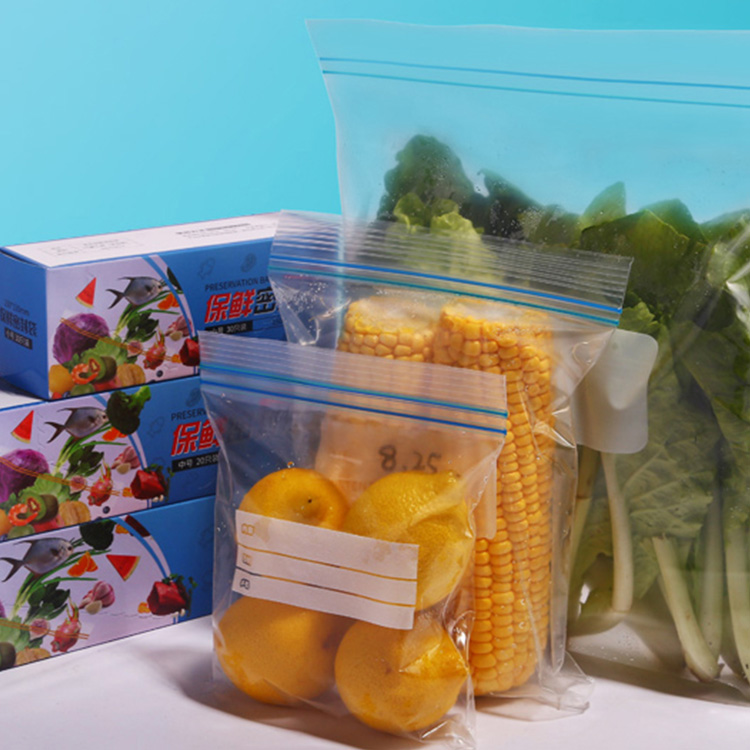Sales at home and abroad, foreign trade mainly exported to Europe, America, Southeast Asia and other countries.
Food packaging bags play a crucial role in the food industry, serving multiple purposes that are essential for preserving food quality, ensuring safety, and providing convenience for both manufacturers and consumers. In this article, we will delve into the reasons why food packaging bags are necessary and their significant impact on the food supply chain.
One of the primary reasons for using food packaging bags is to maintain the freshness of perishable food items. These bags are designed to create a protective barrier against external factors such as oxygen, moisture, and light, which can cause food to spoil or degrade. By preventing these elements from reaching the food, packaging bags help extend the shelf life of products, allowing consumers to enjoy fresher and safer food for a longer period.
Food packaging bags play a crucial role in ensuring food safety and hygiene. They act as a barrier that prevents contamination from microorganisms, chemicals, and other potential hazards during transportation, storage, and handling. High-quality food packaging bags are manufactured using materials that meet strict safety standards and regulations, minimizing the risk of foodborne illnesses and ensuring that food reaches consumers in a safe and uncontaminated condition.
Packaging bags provide convenience and portability, making it easier for consumers to carry and store food products. Whether it's a snack for a quick bite or a full meal for a picnic, food packaging bags offer a practical solution for on-the-go consumption. Resealable and resealable options are available, allowing consumers to portion out food and maintain its freshness for later consumption.
Clear and transparent food packaging bags allow consumers to see the contents inside, enabling them to make informed purchasing decisions based on product appearance and quality. Additionally, food manufacturers can use custom-designed packaging to promote their brand and enhance product recognition on store shelves, thus creating a distinct identity for their products in a competitive market.
Food packaging bags provide portion control options, allowing consumers to purchase the desired amount of food they need. This reduces food waste, as consumers can buy the exact quantity required without excess leftovers. Similarly, manufacturers can use portion-controlled packaging to manage food production and minimize waste during distribution and retailing.
Certain food packaging bags are engineered with temperature-resistant materials that are suitable for both hot and cold food items. This versatility makes them ideal for a wide range of food products, including hot soups, frozen vegetables, and chilled beverages. The ability to withstand varying temperatures ensures that the food remains safe and appetizing during storage and transportation.
Eco-friendly and biodegradable food packaging bags are gaining popularity as consumers and manufacturers become more conscious of environmental sustainability. These bags are made from renewable resources and have a lower impact on the environment compared to traditional plastic bags. By choosing sustainable packaging options, the food industry can contribute to reducing plastic waste and promoting a greener future.
Food packaging bags are a fundamental component of the food supply chain, providing numerous benefits that are vital for preserving food quality, ensuring safety, and offering convenience to consumers. From extending shelf life and maintaining freshness to promoting food safety and reducing waste, these bags are essential in modern-day food packaging solutions. As the industry continues to evolve, the development of innovative and sustainable food packaging bags will play a crucial role in meeting the demands of consumers and contributing to a more sustainable food system.


 0
0

 English
English 中文简体
中文简体 عربى
عربى















